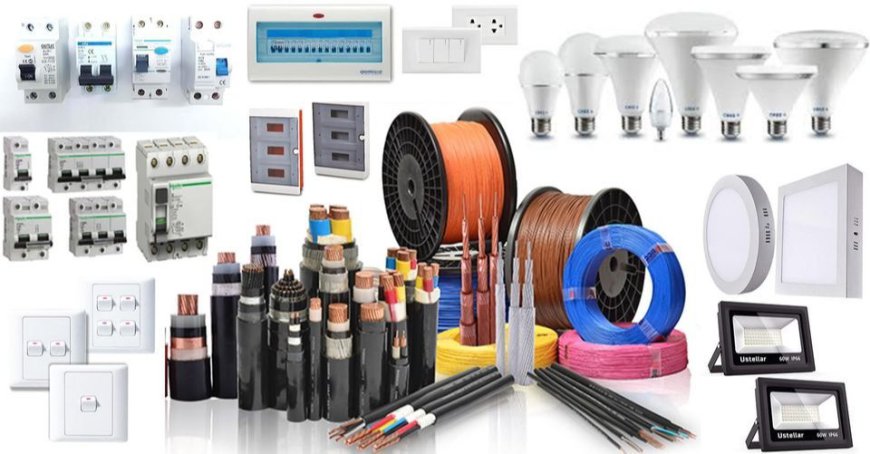Essential Properties of Electrical Insulation: What to Look for in Quality Materials
In everyday life, a person may underestimate the importance of insulation in electrical engineering. Large companies that make and repair electric motors, traction and crane motors, transformers, and other similar devices realize the significance of this procedure. To achieve adequate insulation, work with a reputable Electrical insulation supplier who can deliver high-quality materials.

Electrical insulation is required to protect various components of equipment from electric current passing through them. All types of electrical insulating materials – solid, liquid, or gaseous – must have several properties that can be divided into several groups:
-
Electrical,
-
Physicochemical,
-
Mechanical.
Electrical Characteristics
An Electrical insulation supplier plays a key role in providing materials with the required electrical characteristics, including:
-
Volume resistance, which shows the resistance of an electrically insulating material when direct current moves through it.
-
Surface resistance reflects the degree of resistance of a dielectric when current flows along its surface.
-
Dielectric constant. In essence, it is a coefficient included in the mathematical notation of Coulomb's law. It is estimated by absolute and relative values. The dielectric loss angle is the loss of power in a dielectric when an alternating current is applied to it. In practice, the ionization curve is of great importance, i.e., the dependence of the angle on the applied voltage. Repeated measurements of the specified angle allow us to evaluate the insulation conditions and the intensity of its aging.
-
Electrical strength, which shows how well a dielectric withstands the electrical resistance applied to it.
A reliable Electrical insulation supplier ensures that the materials they provide meet these critical electrical characteristics, which are essential for optimal performance and safety.
Physicochemical Characteristics
Among the physicochemical properties, the most important are the following:
-
The acid number is the amount of potassium hydroxide required to neutralize free acids contained in the dielectric in a liquid state (they worsen its properties).
-
Viscosity is the degree of fluidity of a dielectric in a liquid state, which determines penetrating ability and convection depending on the place of use. A distinction is made between kinematic and conditional.
-
Heat resistance. The ability of a dielectric to function at the operating temperature and for a certain period of time of operation of electrical equipment.
In addition to the above characteristics, softening, dripping, and flash points, moisture resistance, chemical resistance, frost resistance, and others are also distinguished. To obtain materials that meet these criteria, working with a trusted Electrical insulation supplier is essential.
Mechanical Characteristics
Mechanical characteristics include the most understandable properties, such as:
-
Hardness,
-
Compressive and tensile strength,
-
Ultimate strength in static and dynamic bending.
Electrical insulating materials must meet set criteria and possess the required properties. It therefore makes sense to get in touch with the Electrical insulation supplier directly if such products are required. Selecting a reliable source of electrical insulation guarantees that the materials you receive fulfill all applicable regulations and requirements, which is essential for the efficient operation and security of electrical systems.
Final Words
In conclusion, selecting the appropriate electrical insulation materials is critical for guaranteeing the performance and safety of electrical systems. Partnering with a recognized electrical insulation provider ensures access to high-quality materials with critical electrical, physicochemical, and mechanical properties, assuring optimal performance and compliance with industry requirements.

 sachinnayak123
sachinnayak123